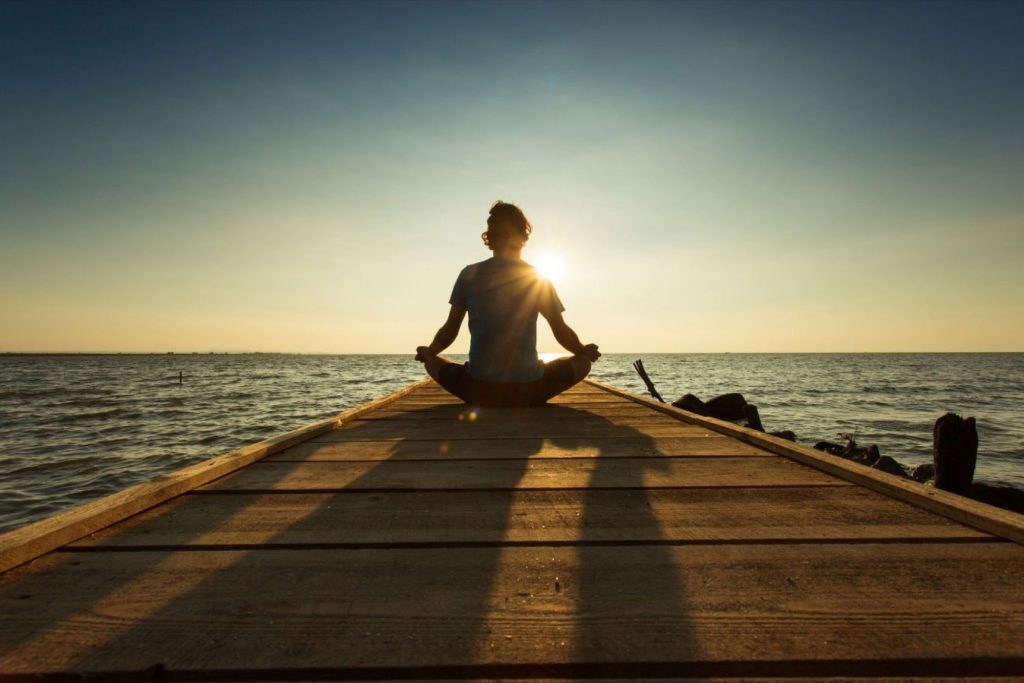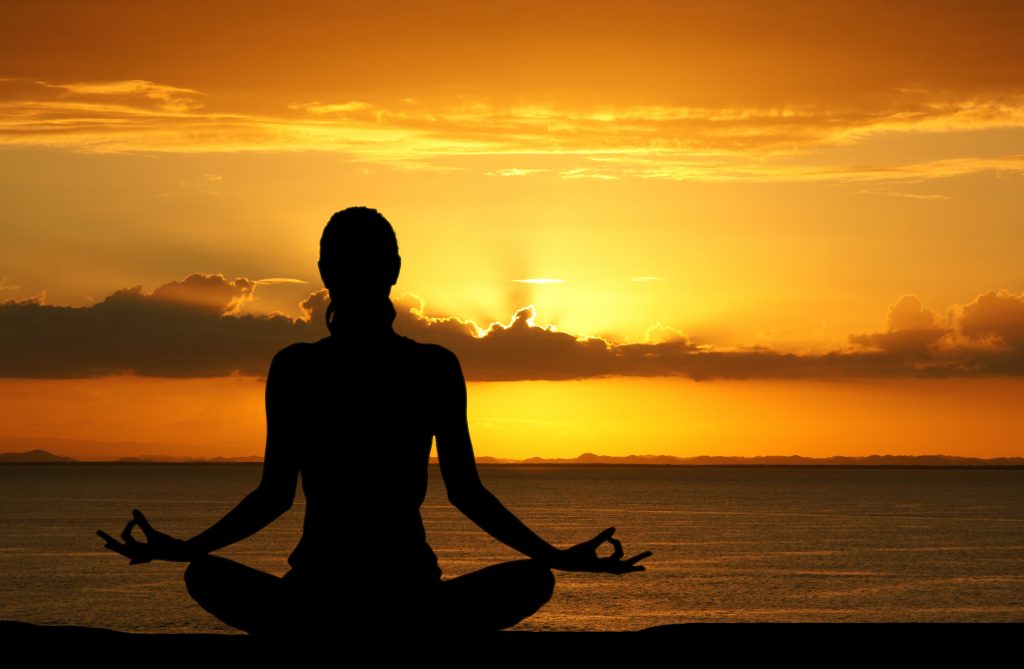It’s understandable that part of how we define ourselves is by location. We may think of ourselves as European, or a Londoner, or even have the deepest affinity for where our parents are from. These locations tie us by cultures and values, shared memories and communities, and the feelings we associate with them are often hugely positive and powerful. However, in a globalised world, it has become clearer than ever that while our local connections are incredibly important, the one thing we all share is the planet we stand on – and the challenges we face now, more than ever, are global ones. This is why so many of us think about being a better global citizen, and what that might take.
As members of the human family, we are all (in the words of Martin Luther King Jr.) “caught in an inescapable network of mutuality, tied in a single garment of destiny. Whatever affects one directly, affects all indirectly.” It is with this in mind that we believe in the power of meditation to make us better global citizens – creating a ripple effect which uplifts the lives of those around us and brings a positive force into the world.
Do we need greater unity to solve social & cultural issues and become better global citizens?
In our modern world, we live with an abundance which could benefit every member of the human family, and the technological capabilities to solve even complex problems on a vast scale. However, it’s an unfortunate truth that ongoing and entrenched issues – such as poor logistics, systemic failures, and fear-based, divisive thinking – are acting as an impediment to progress.
The response of different countries to the pandemic we are currently living through is an illustration of how our fractured thinking to human-wide problems might be standing in our way. Some have nearly eliminated the disease, while others are allowing it to run through their populations essentially unimpeded.
With the distressing news that infection may not confer immunity, this could potentially make COVID-19 an active danger for many years to come – whereas a more unified strategy may have already brought the disease under control. As we face the prospect of climate change creating more challenges on this scale within our lifetimes, it seems more important than ever that we learn how to pull together for the good of all humankind.
We are all taught that working together with openness and for the good of the entire team is how to get the best results. However, this kind of cohesion and synergy isn’t always easy to achieve. While our higher impulses (located in the areas of the brain which are most recently evolved) are often altruistic, helpful and innovative, our ancient fear response can shut down activity in these areas of the brain in favour of panicked, survival-based functioning. Luckily, this is where meditation can help.
How the benefits of meditation extend beyond us
Even though we may think about global and local issues – and even care or worry deeply about them – often we simply feel too tired, stressed or busy to believe there’s anything we could really do to engage in creating a better world.
In our chronically stressed-out lives, we tend to see the world through the eyes of someone in constant “fight or flight” mode, reacting out of fear or anger because that is what our biology is telling us to do. And while anger and a sense of urgency can be useful in helping us to stand up for what’s right, it is often counterproductive in the later stages of finding workable solutions.
This can go some way to explain why so many of us feel intensely pessimistic about the world – which is a phenomenon which particularly affects young people. 31% of 18-34-year-olds are extremely worried about climate change, while two in five 8 to 16-year-olds don’t trust adults to tackle it.
So many of us feel powerless, especially when heightened awareness and individual action does not translate to improved outcomes (we can take, for example, the fact that single-use plastic production is still increasing despite large public outcry). This feeling of powerlessness is so pernicious because it leads to apathy and a belief that our problems are insurmountable, which simply isn’t true.
Meditation works at the micro-level – improving our own individual lives, emotional state and general wellbeing – but its wider impact can reach far further. Some of the benefits of meditation include:
- Becoming more compassionate
Stress can make us impatient, irritable and very inward-focused, obsessing over our own problems and losing interest in the struggles of others. Through the reduction of stress and processing old traumas, Beeja meditation makes us more empathetic and understanding, increasing our emotional intelligence and making it easier to connect with the people around us.
- A sense of being a part of a greater whole
One of the commonly reported outcomes of regular meditation is a feeling of “oneness”. In our meditation sessions, we can occasionally access a profound feeling of the “inescapable network of mutuality” we are woven into, along with all other things. And while this may sound somewhat hippy-ish, it is in fact reflective of our empirical reality – we are all connected by endless threads of association, both in a purely scientific and more spiritual sense.
This feeling of connection isn’t only confined to our fellow human beings, either. With greater present moment awareness, we become much more attuned to our surroundings and appreciative of nature, giving us even more motivation to protect it.
- Ability to see the bigger picture
Without the stresses of everyday life clouding us in our immediate and mundane worries, we can start to see the larger picture, and understand the sources of certain problems. This often begins in our personal lives – such as realising it’s not the fact we aren’t trying hard enough that our career isn’t coming together, but that really that career choice isn’t right for us – before illuminating issues which may go beyond ourselves.
Taken together, all these factors give us wonderful bedrock from which to interact with the world. When we feel better within ourselves, the energy we project back to our loved ones, friends and wider community becomes so much more positive, and we become inspired to do what we can to help others. With our perspective broadened, our thinking extends not only to our immediate friends and family, but to people across the globe.
It isn’t long after taking up meditation that we start to feel truly empowered – filled with confidence and inspiration which gives us faith in our beliefs and the self-assurance to follow them. We begin to uplift others through our effortless generosity and enthusiasm – finding that empathy and kindness comes naturally to us as our old worries loosen their grip on our wellbeing.
The impact of our greater capacity for positive actions in our personal, professional and social lives is exponential. We all have the potential to improve the world around us in both small and extraordinary ways – and Beeja meditation is a fantastic way to unleash it.

The Benefits of Beeja Meditation
- Reduce stress and anxiety
- Greater clarity and calm
- Increase focus
- Enhance relationships
- Sleep better
- Feel energised



